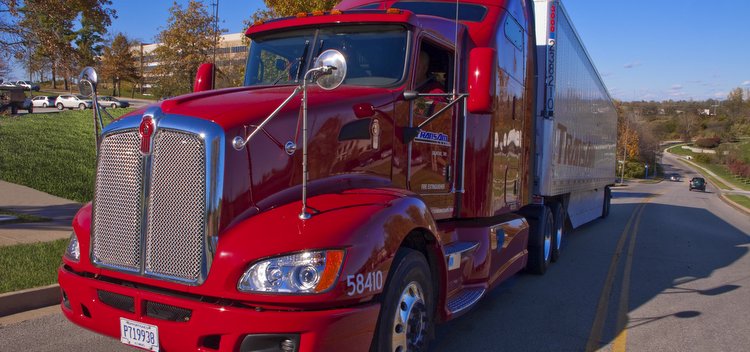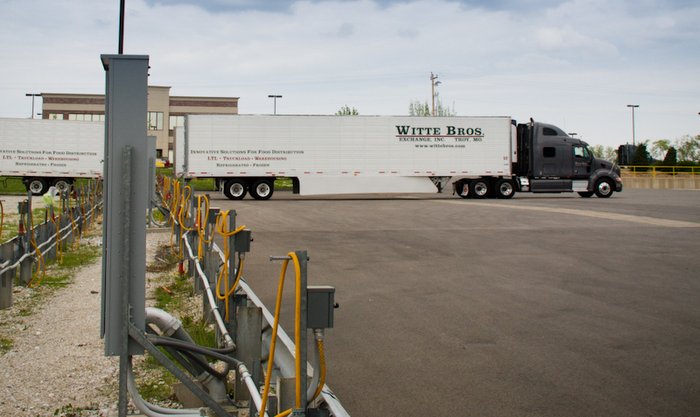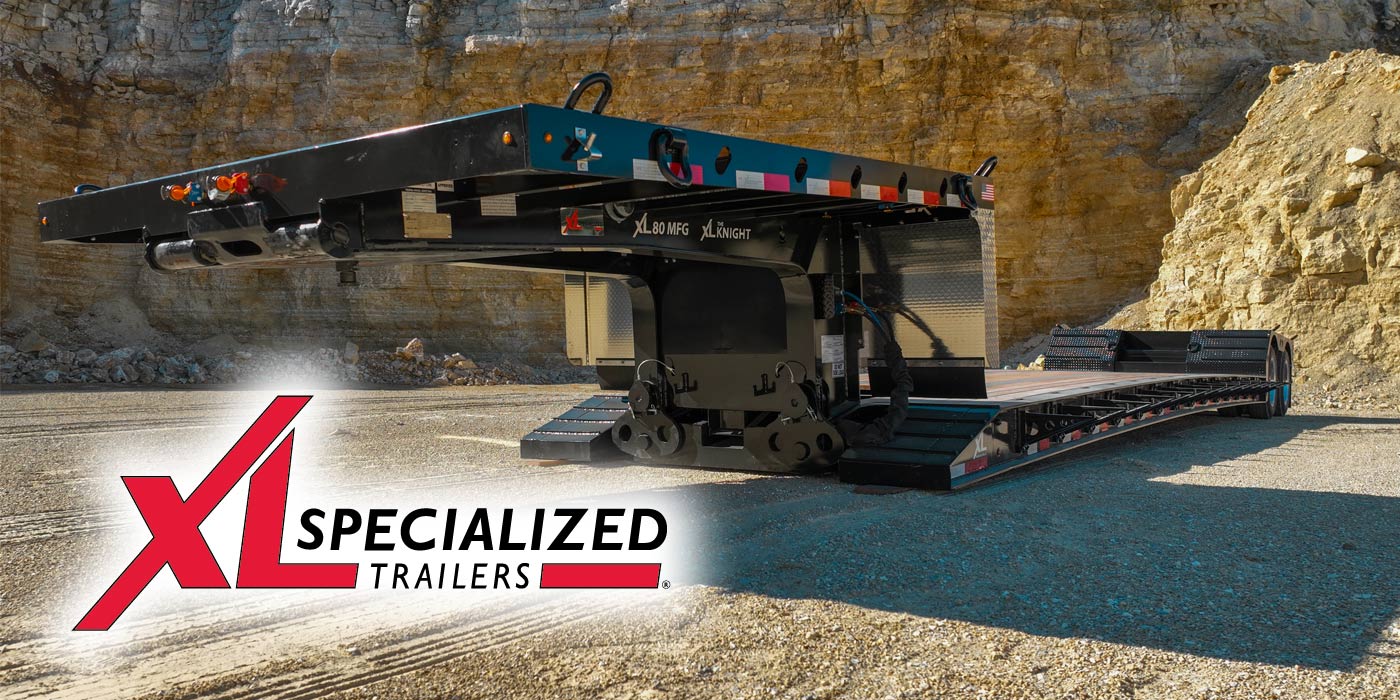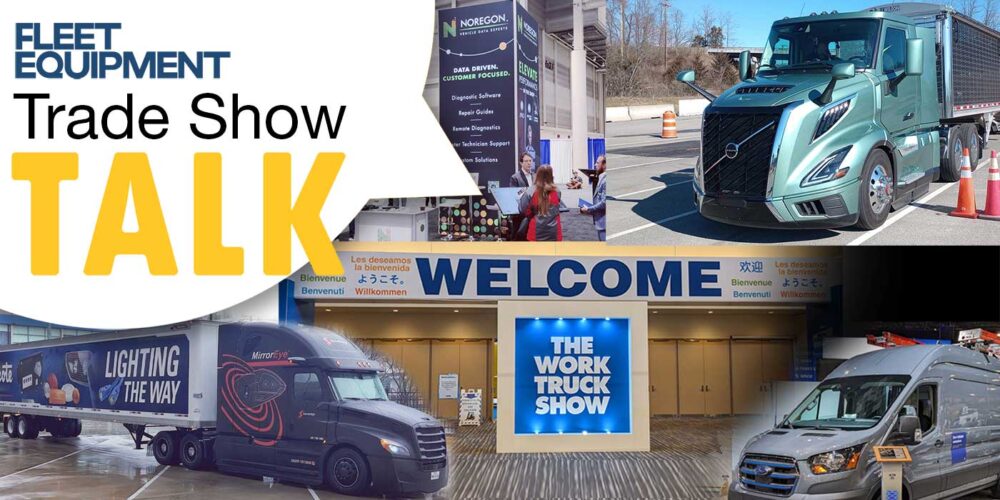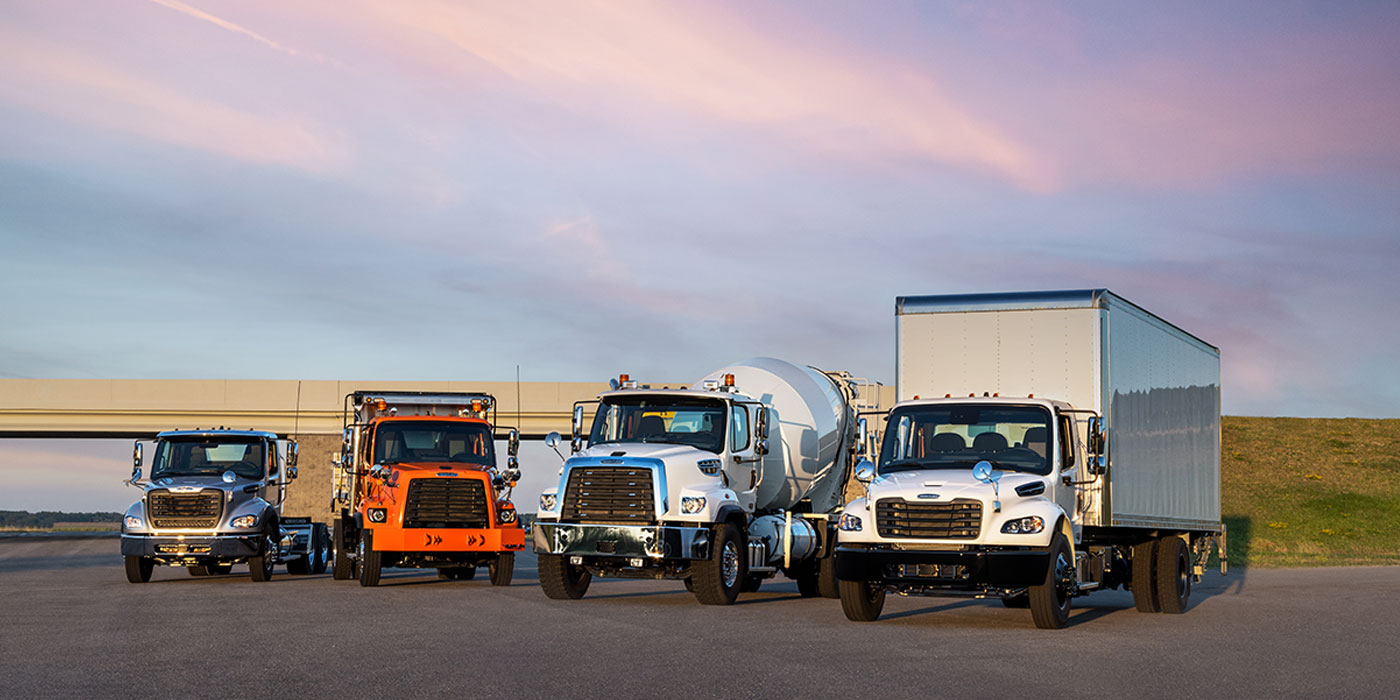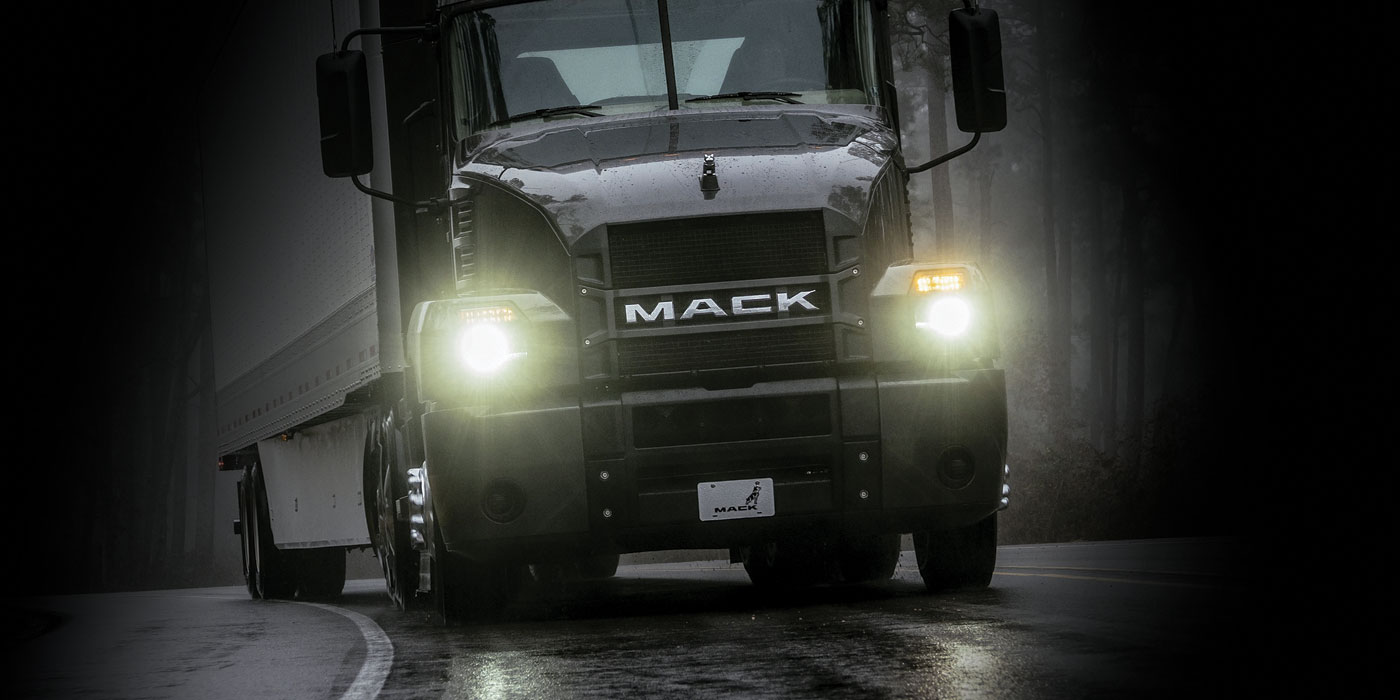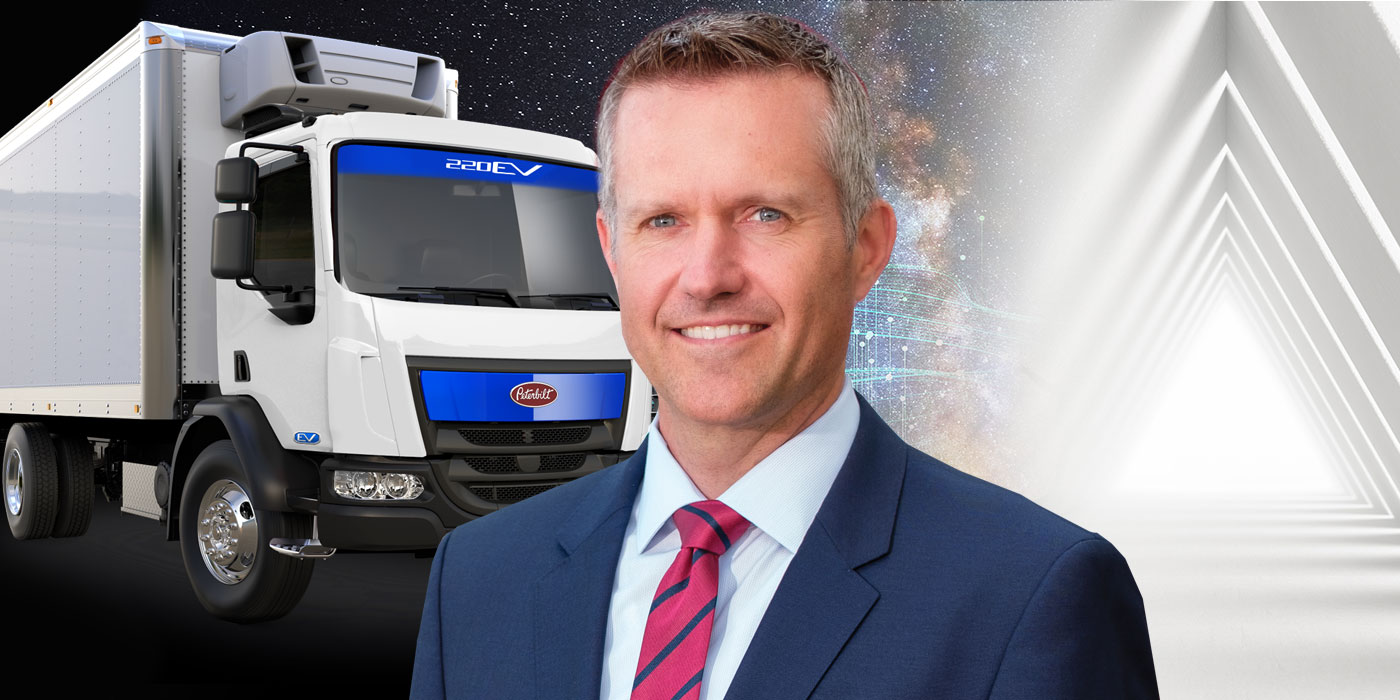In 2004, the U.S. Environmental Protection Agency (EPA) launched SmartWay, a public/private collaboration with the freight transportation industry that helps carriers and other companies improve fuel efficiency and lower costs.
EPA’s SmartWay Technology program develops test protocols, reviews strategies and verifies the performance of vehicles, technologies and equipment that have the potential to reduce greenhouse gases and improve fuel efficiency in freight hauling operations.
The SmartWay Technology program establishes performance criteria and fuel saving benefits for various devices in several categories, including idle reduction and aerodynamic technologies, low rolling resistance tires and a variety of retrofit options. (Be sure to check out the latest list of SmartWay Verified Technologies.)
Necessary investment
“SmartWay provides incentives for reducing transportation-related emissions while improving supply chain fuel efficiency,” says Brent Witte, president of Witte Bros. Exchange, “but it can require a large and sometimes costly commitment on the part of the carrier. As a SmartWay partner, we feel that investment is necessary because fuel represents one of our highest operating costs. Good specs and well-trained drivers will enhance fuel economy.”
Witte Bros. Exchange, a Troy, Mo.-based carrier with 170 tractors and 235 trailers provides nationwide temperature-controlled truckload service, custom refrigerated less-than-truckload distribution programs and full-service cold storage. The company routinely specs its equipment with systems and components that reduce fuel consumption and improve performance.
“Idle reduction technology is a critical consideration when we’re writing equipment specs because unnecessary idling wastes fuel and subsequently money,” Witte states. “It can also result in excessive engine wear and additional pollution. For that reason, our new trucks are equipped with optimized features to reduce engine idle time, resulting in a reduction in fuel use, exhaust emissions and noise.”
On its latest tractors, Witte Bros. Exchange is also spec’ing automated manual transmissions (AMT). “AMTs provide efficiency in fuel economy, durability and ease of operation,” Witte says. “We’ve found they improve fuel efficiency by 3%, and in addition to the fuel savings, the automated control of the clutch improves shift quality and leads to longer life.
“We also estimate that lower viscosity lubricants generate fuel savings and that low rolling resistance tires on our trailers can positively impact fuel use by as much as 5%,” Witte continues. “In addition, our maintenance department balances all tires and aligns axles on a routine basis, practices that extend the life of the tires while also improving MPG.”
To save fuel and lower weight, Witte is spec’ing new tractors with a 6×2 axle configuration as well. “Single drive axles in a 6×2 set up are a lightweight solution for the efficiency-conscious carrier,” Witte says. “By replacing one of the drive axles in a traditional tandem, we can achieve weight savings and an approximate three percent improvement in fuel efficiency.”
Active partner
In 2007, TransAm Trucking received the U.S. EPA SmartWay Environmental Excellence Award for reducing harmful emissions. Today, the Olathe, Kan.-based temperature-controlled freight carrier remains an active SmartWay partner. The company operates a fleet of over 1,400 tractors and more than 2,400 trailers.
As part of its long-term commitment to sustainability, TransAm Trucking is specifying auxiliary power units on all of its tractors. TriPac Evolution APUs from Thermo King, the company notes, lower fuel consumption and reduce emissions while also providing driver comfort. The TriPac Evolution APU is an EPA Tier IV final emissions standard compliant unit.
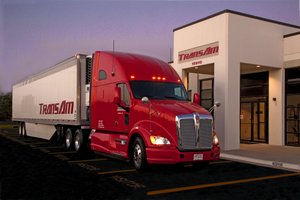 Also enabling the TransAm Trucking fleet to improve fuel efficiency and reduce harmful emissions are the latest EPA approved engines, which operate at optimal combustion temperatures, providing increased fuel efficiency. Also in use are AMTs, as well as aerodynamic trailer side skirts, which the company adds have a proven 7% savings in fuel costs.
Also enabling the TransAm Trucking fleet to improve fuel efficiency and reduce harmful emissions are the latest EPA approved engines, which operate at optimal combustion temperatures, providing increased fuel efficiency. Also in use are AMTs, as well as aerodynamic trailer side skirts, which the company adds have a proven 7% savings in fuel costs.
TransAm Trucking also implemented an intelligent route solution program to reduce the number of out-of-route miles generated by manual trip planning. With the reduction in unnecessary miles, drivers complete trips and are dispatched on other loads more quickly. The practice also reduces the amount of fuel used per trip.
“We take a proactive approach to optimizing resource needs and reducing environmental impacts without compromising service quality,” says Russ McElliott, president of TransAm Trucking. “We’re focused on selecting game-changing solutions that help us ensure the best possible service for customers, the best possible working environment for drivers, and that meet our goal of generating a minimal environmental impact while saving fuel.”
Setting an example
The EPA SmartWay Transport Partnership points to carriers like TransAm Trucking and Witte Bros. Exchange to help accelerate the adoption of advanced fuel efficient technologies and operational practices, helping companies save fuel, lower costs and reduce adverse environmental impacts. Since 2004, SmartWay partners have collectively achieved $8.1 billion in fuel cost savings.
“The freight transportation industry is arguably one of the most important, necessary and economically viable pieces in the nation’s supply chain system,” says Brent Witte. “Equally important to the transportation of the freight is the existence of committed companies and public/private collaborative partnerships that ensure a cleaner and safer carbon footprint.”

